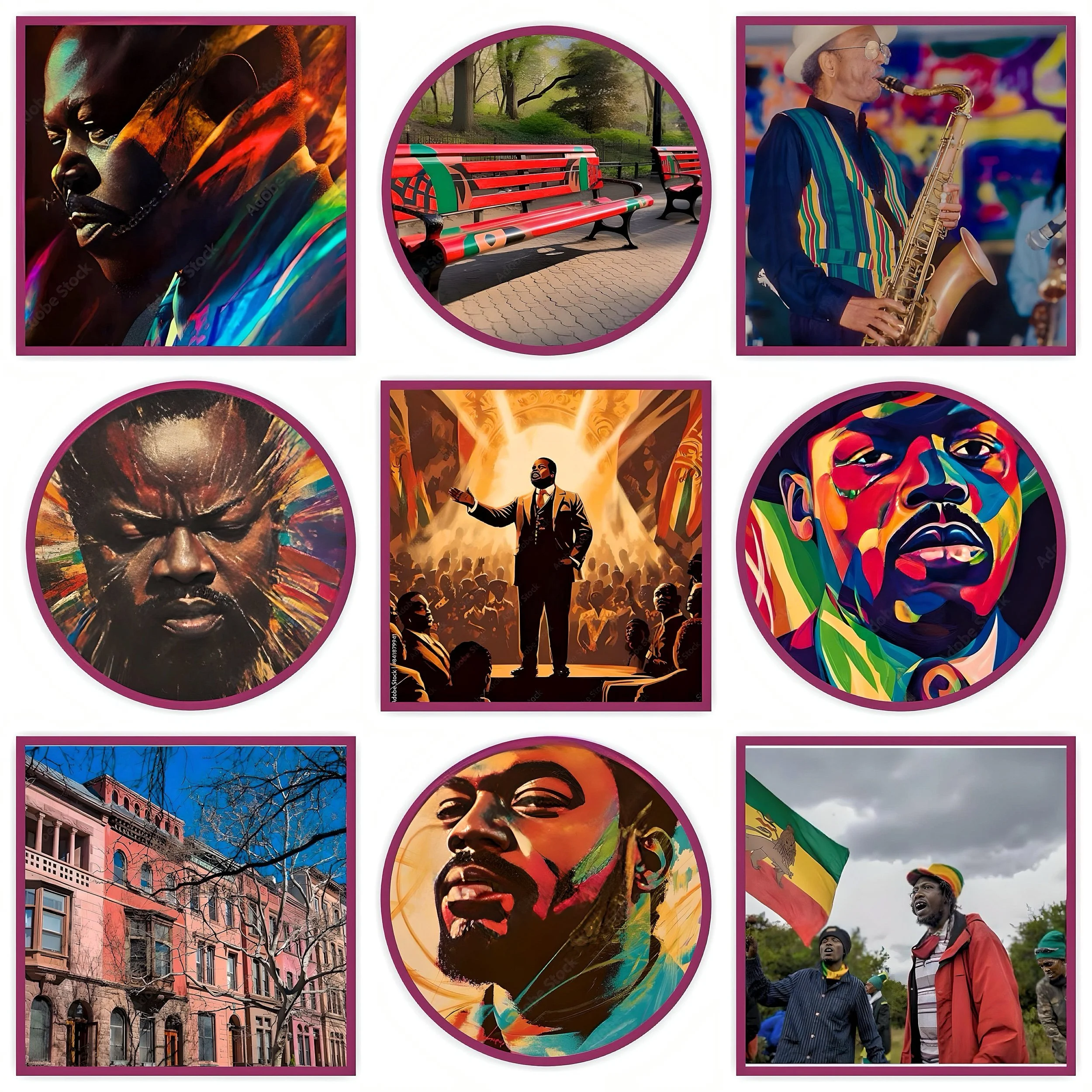How did Marcus Garvey life inspire millions even today?
Introduction
Marcus Garvey’s life and work continue to inspire global leaders today due to his profound impact on Black empowerment, Pan-Africanism, and civil rights movements. His importance in American history stems from his role as a pioneering Black nationalist and his creation of the largest organized mass movement in Black history.
Garvey’s Rise to Prominence
Marcus Garvey founded the Universal Negro Improvement Association (UNIA) in Jamaica in 1914 and brought it to the United States in 1916. The UNIA quickly grew to become the largest Black organization in history, with branches in 38 states and over 700 chapters worldwide by the early 1920s. Garvey’s message of racial pride, economic self-reliance, and African redemption resonated deeply with Black people across the globe.
Key Aspects of Garvey’s Influence
Black Pride and Self-Reliance: Garvey promoted a message of Black pride and self-determination, encouraging African Americans to celebrate their heritage and build their own economic institutions.
Pan-Africanism
He advocated for the political unification of Africa and the return of the African diaspora to the continent, popularizing the “Back to Africa” movement.
Economic Empowerment
Garvey established Black-owned businesses, including the Black Star Line shipping company, to foster economic independence.
Cultural Impact
His teachings inspired various cultural and religious movements, including Rastafarianism and the Nation of Islam.
Legacy and Continued Influence
Garvey’s ideas have had a lasting impact on civil rights movements and Black empowerment initiatives worldwide:
Civil Rights Movement
His emphasis on racial pride and self-reliance influenced later civil rights leaders, including Martin Luther King Jr., who praised Garvey’s ability to give “millions of Negroes a sense of dignity and destiny”.
Black Power Movement
Garvey’s teachings on Black nationalism and self-determination resonated with leaders of the Black Power movement in the 1960s and 1970s.
Pan-African Movement
His vision of African unity and empowerment continues to inspire Pan-African activists and leaders across the African diaspora.
Global Impact
Garvey’s ideas have influenced independence movements and Black empowerment initiatives in Africa, the Caribbean, and beyond.
Importance in American History
Garvey’s significance in American history is multifaceted:
Largest Black Movement
The UNIA represents the largest organized mass movement in African American history, demonstrating the power of Black collective action.
Challenging Racial Hierarchy
Garvey’s promotion of Black pride and self-reliance challenged the prevailing racial hierarchy in early 20th century America.
Economic Empowerment
His emphasis on Black-owned businesses and economic self-sufficiency provided a model for future Black economic initiatives.
Cultural Renaissance
Garvey’s movement contributed to the Harlem Renaissance and the broader celebration of Black culture in America.
Civil Rights Precursor
While controversial in his time, Garvey’s work laid important groundwork for the Civil Rights Movement of the 1950s and 1960s.
Conclusion
Despite facing legal troubles and deportation from the United States, Garvey’s legacy endures.
His teachings on Black pride, self-reliance, and global African unity continue to resonate with leaders and activists worldwide, making him a crucial figure in the ongoing struggle for racial equality and empowerment.






